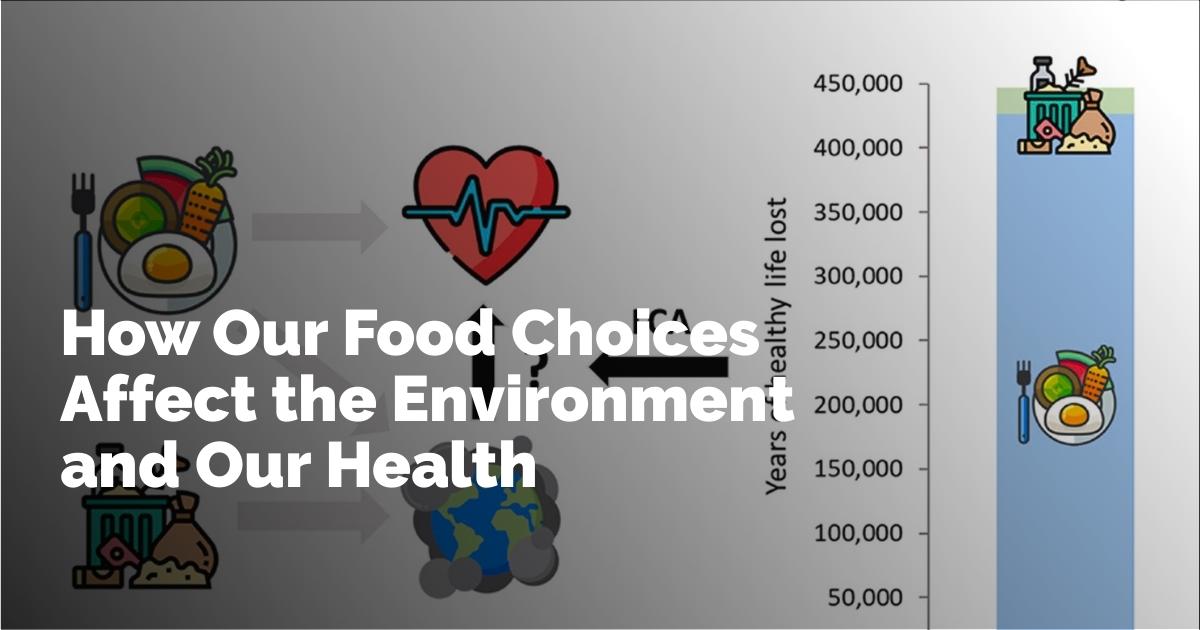Environmental Impact of Food Choices and Their Link to Human Health
The intricate relationship between planetary health and human health is an area of growing concern as our ecological choices increasingly manifest in the form of health adversities. A groundbreaking study in Spain provides compelling insights into this nexus, particularly focusing on how the environmental repercussions of our dietary habits directly translate into health damages. This study, led by the Barcelona Institute for Global Health (ISGlobal), marks a pioneering attempt to quantify the health damage stemming from the environmental impacts of our food demand. The results bring to light the dominating role of meat, fish and seafood, and dairy products, which together contribute to over half of the health damage associated with our environmental footprint.
Understanding the Methodology
The innovative study employed a rigorous scientific methodology known as Life Cycle Assessment (LCA) to evaluate the array of environmental impacts associated with the food system — from production stages to consumer behavior — and their subsequent effects on human health. The study was grounded in robust data, drawn from the 2022 food consumption surveys published by Spain's Ministry of Agriculture, Fisheries and Food.
To critically assess the environmental effects on human health, the researchers utilized sophisticated statistical models. These models evaluated several key indicators such as climate change, ozone layer depletion, human toxicity, particulate matter formation, ionizing radiation, and photochemical oxidant formation. The human health issues addressed in this analysis included cardiovascular diseases, malnutrition, diarrhea, various types of cancer, and respiratory diseases, among other conditions.
Quantifying Health Damage
One of the study’s pivotal findings is the staggering loss of 447,152 disability-adjusted life years (DALYs) in the year 2022 alone, attributable to the environmental impact of food demand in Spain. DALYs serve as a crucial public health metric that amalgamates the years lost due to premature mortality and the years lived with illness or disability. Astonishingly, 95% of the environmental impact affecting health was directly linked to food consumption, with food waste accounting for the remaining 5%.
A Closer Look at Contributing Foods
Among the 16 food categories examined, animal-based products — particularly meat, fish and seafood, and dairy — were identified as the primary culprits of environmental damage with adverse health implications. These food groups jointly accounted for a significant 55% of the total consumption impact, overshadowing plant-based foods which bore a considerably lower health burden.
The study revealed that environmental contributions to climate change were the most significant factor associated with health damage, comprising 77% of the overall impact. This was followed by the creation of particulate matter (16%) and human toxicity (7%). Other environmental impacts, including photochemical oxidant formation, ozone layer depletion, and ionizing radiation, played a relatively minor role.
Potential Dietary Changes for Global Health Improvement
The researchers explored several hypothetical scenarios aimed at curbing the environmental impact of food and improving global health outcomes. While replacing red and processed meats with white meats showed some benefits, a more substantial impact was noted when all meat and dairy consumption was substituted with plant-based alternatives. Such a shift could potentially lower environmental health damage by an impressive 30%. Additionally, eradicating consumer food waste could lead to a further 5% reduction, cumulating in a 35% overall improvement.
Nutritional Considerations of Dietary Shifts
The research also delved into the nutritional dimensions of substituting meat and dairy with plant-based alternatives. The study analyzed total energy intake along with key macro- and micronutrients, such as protein, saturated fat, fiber, calcium, sodium, iron, zinc, and vitamin B12. Remarkably, the proposed dietary transition would reshape the nutritional profile to better align with the World Health Organization's (WHO) guidelines. While there would be a decrease in the intake of protein, calcium, and vitamin B12, these would still remain within the WHO's recommended ranges. Meanwhile, fiber and iron intake would see a significant increase — a particularly beneficial change given the current deficiencies of these nutrients in the Spanish diet.
Implications for Public Health
The study's findings underscore the significant link between diet, environmental sustainability, and human health, while opening new avenues to bolster public health through more sustainable and conscientious dietary choices. Ujué Fresán, the lead researcher, highlights the dual benefits: not only would these dietary changes reduce environmental impacts, but they would also align Spain’s average diet more closely with global nutritional recommendations, fostering a more holistic approach to health.
Beyond the immediate health benefits, the research lays down a scientific framework to inform the development of forward-thinking food policies. These insights could provide a foundational basis for crafting policies that advocate for healthier eating habits in Spain, considering both direct and indirect health benefits.
The research, detailed in the peer-reviewed journal Environmental Research, represents a concerted effort to elucidate the interplay between environmental practices and human well-being. By translating complex data into actionable insights, the study makes a compelling case for a shift towards more sustainable food consumption patterns, ultimately benefiting both planetary health and individual well-being.
출처 : Original Source

